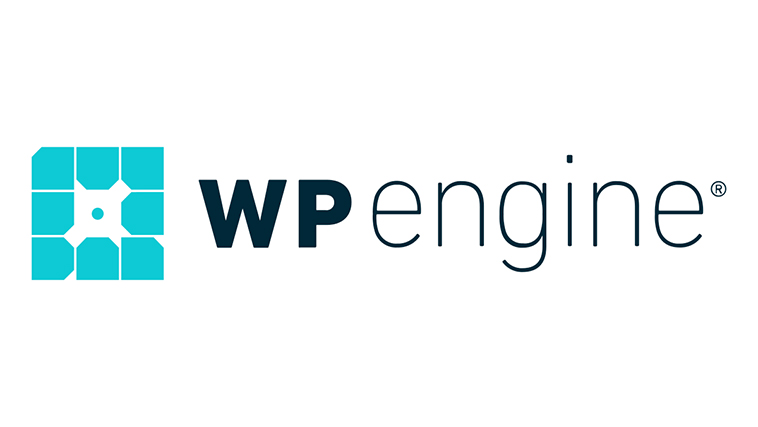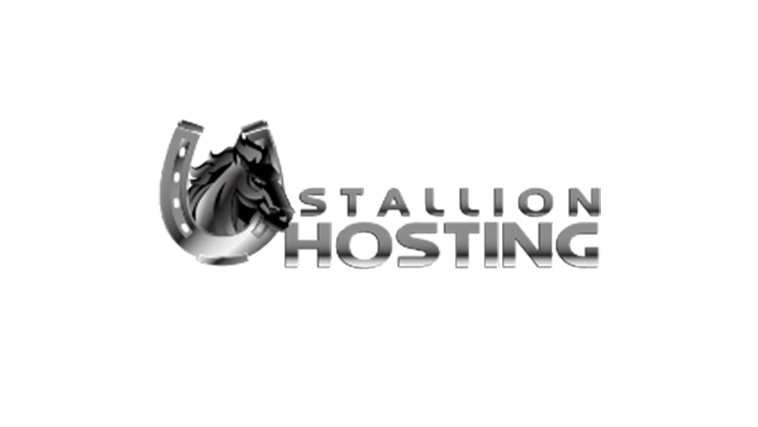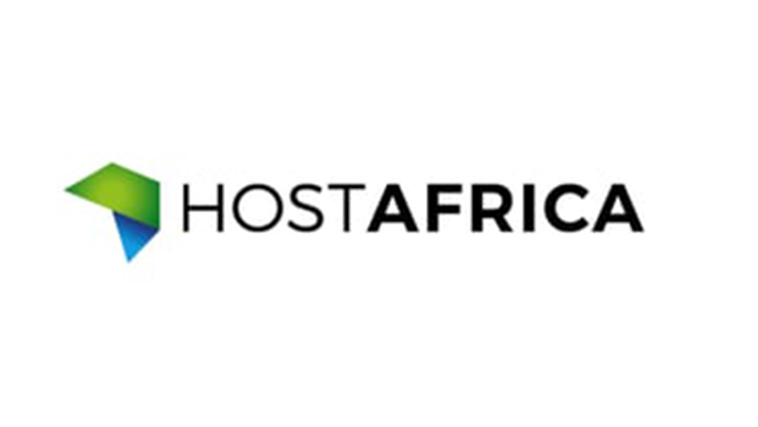Introduction
The benefits of having a website cannot be underestimated for both new and established businesses. It helps with many things such as helping to market your business and securing new customers. Having an online platform starts with a registered domain name and secure hosting services.
Your domain name is the address of your website, and your web hosting is the home of your website, and where your web files are stored. While these are two separate services, together they make it possible to build a website.
Your domain name is usually registered by your web hosting company, but it remains yours. This means you can move your website to a different web hosting provider without having to change your domain name. Most domain names are registered for one year and need to be renewed by a certain date each year.
All websites require hosting. If you choose a website builder like Shopify, that platform will host your website for you. However, if you opt for a self-hosted platform, on the other hand, you must secure hosting services from a hosting provider.
Choosing the right web hosting provider and plan, is one of the most important decisions regarding your business website especially if you have an online store.
As a business owner, key web hosting requirements are reliability, speed and uptime. You also should look for a provider who can promise you 24/7 availability, quick responses to your queries, and clear explanations.
Main Features
Storage space/ Disk space
An important feature when choosing a hosting plan is the total amount of data you get. How much space you require for web hosting will be determined by the amount of content (text, images and other files) on your website, the type of content (video versus text) and how quickly you need your pages to load.
Basic hosting plans might offer around 100 GB storage.
Bandwidth
According to WPBeginner, “bandwidth in website hosting is the amount of data your website can transfer to your users in a given amount of time”. This is important as it affects your page loading time during peak times. Higher bandwidth also allows you to add more features and content to your website without slowing your website down.
Multiple hosting options
There are a number of options available for hosting – these are shared, dedicated, cloud, VPS, colocation and WordPress.
The most popular options are shared hosting for new and small websites, and dedicated hosting for high-traffic sites.
The difference between the two hosting types is the type of server on which your website is stored. With shared hosting, your website shares a web server with other websites. This can present challenges such as increased security risks if other websites using the same server get compromised and diminished performance. Shared hosting, however, is more cost effective, especially for smaller websites.
With dedicated hosting plans, your website does not share a web server with other sites. The major advantage of dedicated hosting is you get administrative access, have lower security risks and greater performance as you are not sharing any resources with other websites. Dedicated hosting plans are typically more expensive.
Uptime
When a website goes offline, it is experiencing downtime. All businesses will want to minimise their website’s downtime as it impacts credibility, Google rankings and even sales if you have an e-commerce site. Strong uptime can be an indicator that your hosting provider has servers that perform well. Typically, a reliable hosting provider can guarantee an uptime of 99%.
Web files backup and Transfer capabilities
Similar to all important company documents, your website needs to be backed up regularly. This is to prevent loss of data if your website gets hacked.
If you have your files backed up, in the case of a security breach or loss of data you can restore your website’s most recent backup and run your website as usual.
In the case you are unhappy with your current hosting services, transfer capabilities enable you to move your website to a different web hosting provider. There are hosting providers that offer free site migration if you move your website to their servers.
Email Hosting Services
A professional business email is important to establish credibility. If you want to move away from your Gmail or Yahoo email address and want to get a custom email address you need Email Hosting.
While email hosting is usually included in your web hosting package, email hosting is a separate service.
Pricing
Web hosting services are typically paid monthly, but some providers offer annual billing. The cost of your plan depends on a variety of factors and your requirements for your site, such as the type of website you have, how many monthly visitors you expect to have, and whether you need extra services such as automated backups and a business email account.
Some factors that may affect the costs of web hosting services:
- Web Hosting Type – For example, shared or dedicated hosting
- Hosting Resources – Including Bandwidth, RAM, storage size
- Setup Fees and Site Migrations – Usually free but some may charge a small fee
- Domain Registration – Do they offer domain registration services when you purchase a hosting plan.
- SSL certificate – If it’s included as part of your hosting plan
Buyer's Guide
The nature and purpose of your website, whether it is a content, e-commerce or lead generation site, will determine what you need from a web hosting provider.
Below are additional factors to keep in mind when choosing your web hosting company.
Consider the following
Fast and Reliable Web Hosting
The size of your website’s files and database will determine how much space you need on a hosting server and which hosting plan can provide enough space to host these files.
Your hosting plan will also determine the size of your bandwidth (measured in gigs) which is “the amount of data your website can transfer to your users in a given amount of time”.
Your web page size, number of visitors to your website and the number of pages they visit will determine how much bandwidth you need.
Not having enough bandwidth can result in your website going offline or slower page speeds, causing your users to have a poor experience on your website. Should Google not be able to reach your website, you will slip down the rankings and eventually be removed.
Security
If your website falls victim to malware or hackers it could mean the loss of time and reputation, especially if you sell products or collect customer data. Secured web hosting can protect your website data from fraud and ensure that your servers are running 24/7. It’s important that you host with a reputable company and select a hosting plan with built-in security measures.
One of the security measures your website requires is an SSL Certificate which has been a Google requirement since 2018. An SSL certificate is the only way to ensure that your website carries the favoured green padlock and provides a way for visitors to verify that the website they are on belongs to the associated domain name.
Technical Support
As a business you want to minimise website downtime. When your website is down it means your potential customers can’t reach you or if you are an e-commerce website, can’t make purchases. Therefore, you want to go with a company that prioritises customer services and is available to assist in bringing your systems back up 24/7.
Domain name registration
Most web hosting companies offer the option to register your domain name with them. However, this is not the case for all web hosting companies. In such cases you will have to register your domain name independently with another company. It’s more convenient to choose a web hosting provider that can also register your domain name, but it’s vital that you retain ownership of your domain name.
Web hosting Benefits
The real magic of web hosting and a domain is that together they make a website possible. Some of the major benefits of a having a business website are:
- Trustworthiness – Lends credibility to your business.
- Expanded reach – Market directly to your potential customer.
- Marketing – Promotion of products and services.
- E-commerce capability – Alternative channel to sell products and services online.
- Insights – Measure and track what is working in real time.




